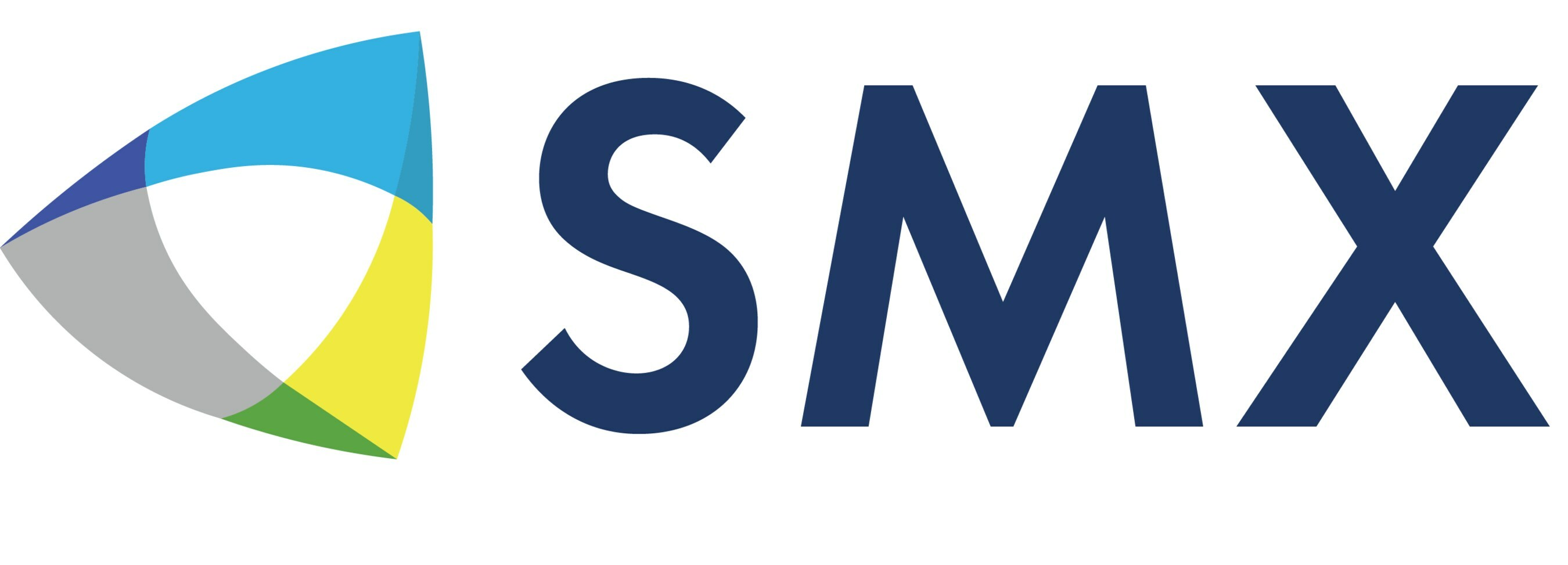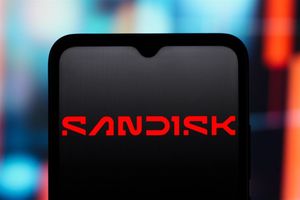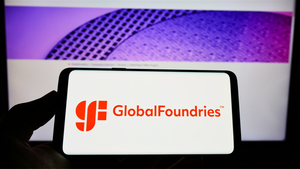As 2024 nears its close, major brand owners like PepsiCo (NYSE: PEP), Unilever (NYSE: UL), and Colgate-Palmolive (NYSE: CL) have admitted their failure to meet sustainable packaging objectives. While disappointing, this isn’t a shock. Back in 2021, John Blake, senior director analyst at Gartner, had already forecasted these struggles, citing the monumental challenges businesses would face in reaching such ambitious environmental goals. Now, companies are grappling not with intent but with the lack of technological support necessary to achieve these transformation-driven missions.
Enter SMX (Security Matters) (NASDAQ: SMX). No longer can companies use the excuse of insufficient technology. SMX offers a tangible solution to the industry's ongoing woes. What does this mean for sustainable packaging’s future? A lot. SMX’s innovation has arrived at the perfect time to give the world, and even investors, something powerful to embrace—an opportunity to achieve sustainability in manufacturing and packaging.
SMX's technology, which embeds invisible markers into virtually any liquid, metal, or fabric material, brings unprecedented transparency to product lifecycles. Imagine the possibilities: companies could efficiently track and verify materials from production to post-consumer recycling. SMX doesn’t just improve processes—it transforms them, making it easier for businesses to hit their regulatory targets and turn their sustainability goals into reality.
Why Companies Are Falling Short
Despite the grand, albeit sincere, pledges made between 2018 and 2020, including commitments to reduce or eliminate plastic use and increase recycling rates, the reality has set in. The original goals—often established without a full understanding of the technological and logistical challenges—are proving to be more complicated than anticipated. A shortage of food-grade recycled plastics, underdeveloped supply chains, and reverse logistics systems continue to stymie progress.
Many packaging materials, such as multi-layer rigid plastics and high-barrier thin films, while economically advantageous, are extremely difficult to recycle. It's no wonder that most organizations are struggling to meet the 2025 deadlines they set for themselves.
This struggle isn’t isolated to corporations alone. The European Commission recently initiated an infringement procedure against all 27 EU Member States for failing to meet the legally binding collection and recycling targets outlined in the Packaging and Packaging Waste Directive. The gap between ambition and reality continues to widen. For packaging to be genuinely recyclable, it must be recycled at scale, a goal that remains far out of reach for many nations.
This widening gap emphasizes the need for disruptive solutions like SMX technology. Through greater traceability, SMX could help streamline the sorting and recycling of high-quality, food-grade plastics, addressing the current shortages and elevating the recycling industry’s standards.
A Game-Changer for Sustainability Efforts
SMX technology offers more than just better sorting—it can help companies monitor their packaging throughout its lifecycle, ensuring compliance with increasingly stringent regulations. This ability to track materials from production to end-of-life not only reduces legal risk but also enhances a brand’s credibility. With this technology, companies can prove their commitment to sustainability, providing the transparency that consumers demand.
The path to sustainable packaging isn't just a technological challenge; it’s an economic and collaborative one as well. Governments, industries, and innovators must come together to develop the necessary infrastructure to support scalable, sustainable packaging. SMX technology could play a pivotal role in bridging this gap.
While the packaging industry should be commended for pushing progress forward, companies must now take a pragmatic approach, acknowledging the complex realities they face. Greater investment in innovation, coupled with transparent communication, will drive the industry toward a more sustainable future.
Thanks to advancements like SMX technology, the future looks brighter. Major corporations and entire nations now have a better chance of meeting their recycling mandates, addressing the global waste crisis, and working toward a greener future. By embracing these innovative solutions, the industry can accelerate the progress needed to meet sustainability goals, benefiting both the planet and future generations.
Disclaimers and Disclosures: Hawk Point Media Group, Llc. holds ZERO shares of SMX (Security Matters) stock. HPM has not been compensated to produce and syndicate this content. The information in this video, article, and in its related newsletters, is not intended to be, nor does it constitute, investment advice or recommendations. Hawk Point Media Group, Llc. strongly urges you to conduct a complete and independent investigation of the respective companies and consideration of all pertinent risks. Readers are advised to review SEC periodic reports: Forms 10-Q, 10K, Form 8-K, insider reports, Forms 3, 4, 5 Schedule 13D. Contributors reserve the right but are not obligated to submit articles for fact-checking before publication. Contributors are under no obligation to accept revisions when not factually supported.
Media Contact
Company Name: Hawk Point Media
Contact Person: Editorial Dept.
Email: info@hawkpointmedia.com
Country: United States
Website: https://hawkpointmedia.com/








